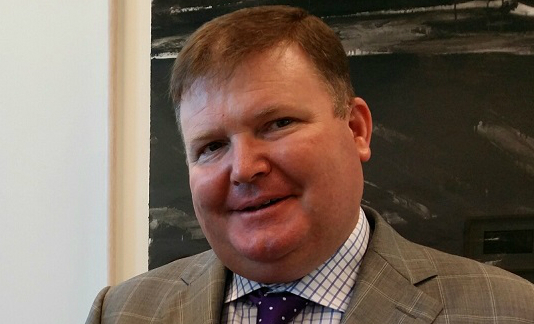
The Fair Work Commission (FWC) has raised the minimum wage by 3.5 per cent, lifting it from $694.90 per week to $719.20.
Coming into play from July, the National Minimum Wage (NMW) supersedes any award agreement, meaning no person can be paid less for full-time work.
As for how it it will affect print workers, PIAA CEO Andrew Macaulay explains that the Award wages for printers are already higher than the minimum wage, however its effects on the labour market will be felt more broadly.
“It is appalling. Iain Ross [president, FWC] is disconnected with commercial realities"
"Just as business is starting to find its feet employers are ordered to provide a significant increase in wages. This will very likely have an impact on employment"
"It will have a knock on effect, the unions will now start asking for more for print workers. They play the game, they say the print awards now have to rise by a similar amount, it is deliberate."
Unions were arguing for a 7.5 per cent increase to the minimum wage, bringing it up to what they define as a livable wage.
The Australian Council of Trade Unions (ACTU) argued in its submission to the FWC that a boost to the minimum wage would have a positive effect on employment levels. It contended the point that low-paid workers spend most of their extra income, meaning an increase to the minimum wage would boost aggregate demand and create jobs.
Raising it by a hypothetical $50 a week, the 7.5 per cent boost it was after, the ACTU claims 50,000 to 57,000 jobs would be created in the first year, with 30,000 in the second year.
Sally McManus, secretary, ACTU, says, “This increase is a step in the right direction, and takes us closer to our goal of 60 per cent of the median wage.
"The minimum wage should be pegged at 60 per cent of the median wage. This is the level set by the OECD – that is what is required to ensure that every full-time worker in Australia can survive on their wage.
"All Australian workers need a pay rise, but none more so than the 2.3 million people who are now award reliant. This 3.5 per cent increase that equates to $26.71 per week for a hospitality worker or $24.33 for a horticulture worker will be a welcome reprieve for them but we will continue to fight for the restoration of a living wage that underpins a much fairer collective bargaining system.
"We have to change the rules on the minimum wage. People who have been forced into poverty by the inadequacy of this wage should not have to wait every year to see if they will be saved by the Fair Work Commission. The minimum wage should be set to keep pace with wages.
"Moving towards a Living Wage would help mitigate widening income inequality. Rising income and wealth inequality is the challenge of our time. Tackling inequality will help resolve many of the fundamental economic and social problems we currently confront.
"It is time to live up to the promises of the Harvester judgment and restore a minimum wage that is fair and reasonable and sufficient to provide a standard of living that is suitable for a contemporary human being living in a civilized community."
In its decision, the FWC noted, “The increases we propose to award will not lift all NMW and award-reliant employees out of poverty (measured by household disposable income below a 60 per cent median income poverty line). But to grant an increase to the NMW and modern award minimum wages of the size necessary to immediately lift all full-time workers out of poverty, or an increase of the size proposed by ACCER and the ACTU, is likely to run a substantial risk of adverse employment effects.
“Such adverse effects will impact on those groups who are already marginalised in the labour market, with a corresponding impact on the vulnerability of households to poverty due to loss of employment or hours of work. An increase of the magnitude proposed by ACCER and the ACTU would also carry a substantial risk of reducing the employment opportunities for low skilled workers, including many young persons, who are looking for work.”
Comment below to have your say on this story.
If you have a news story or tip-off, get in touch at editorial@sprinter.com.au.
Sign up to the Sprinter newsletter
